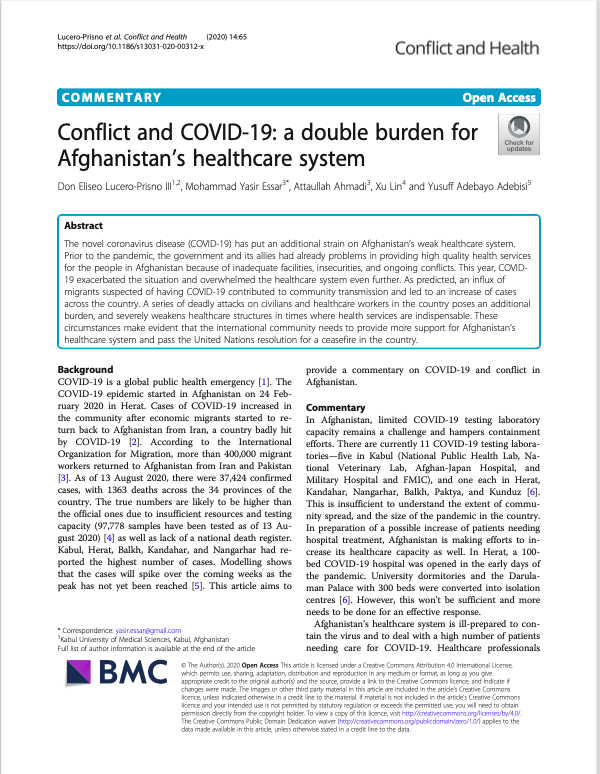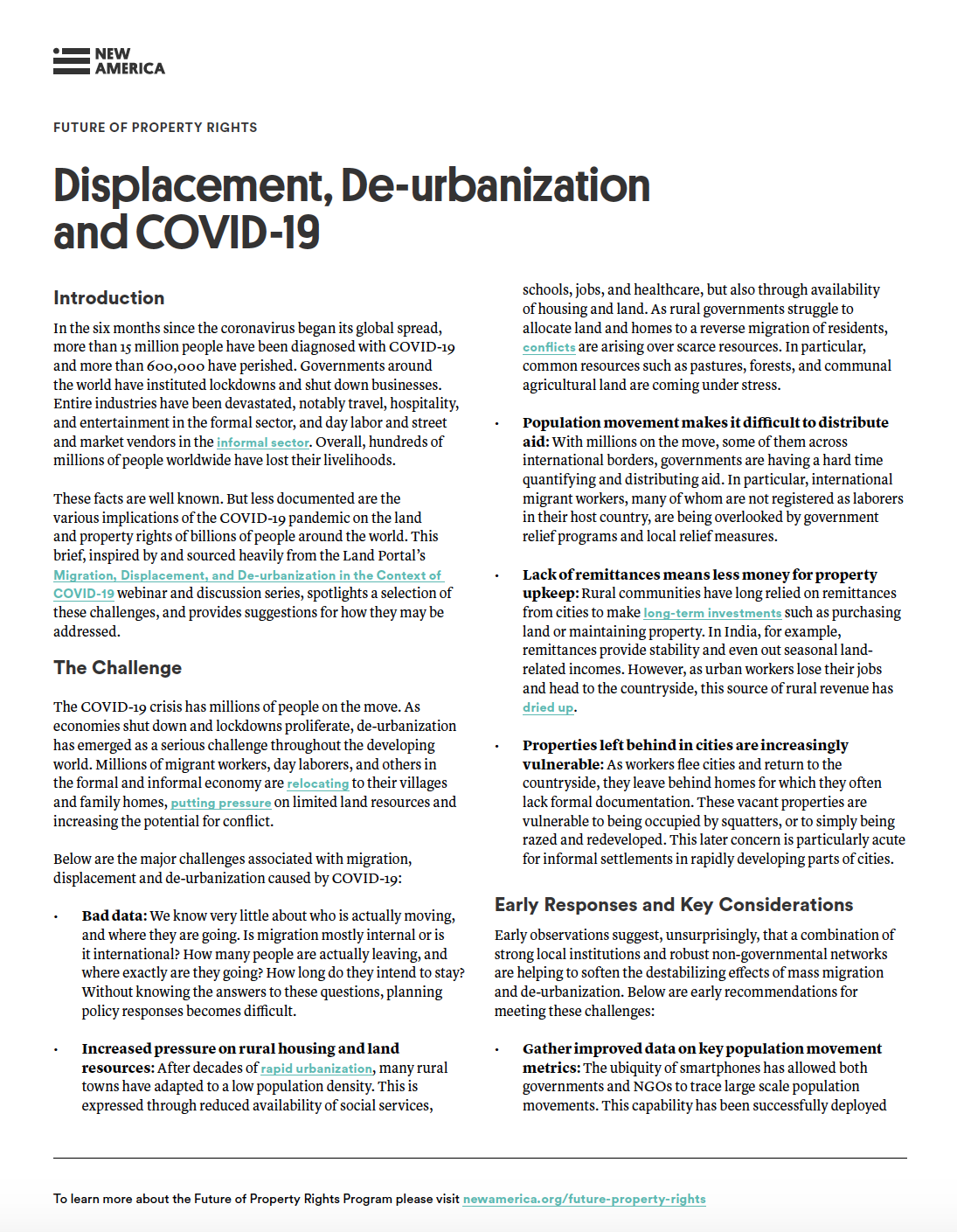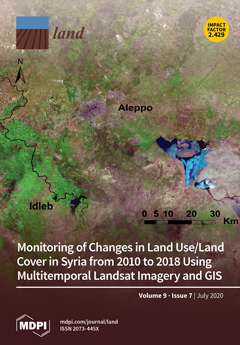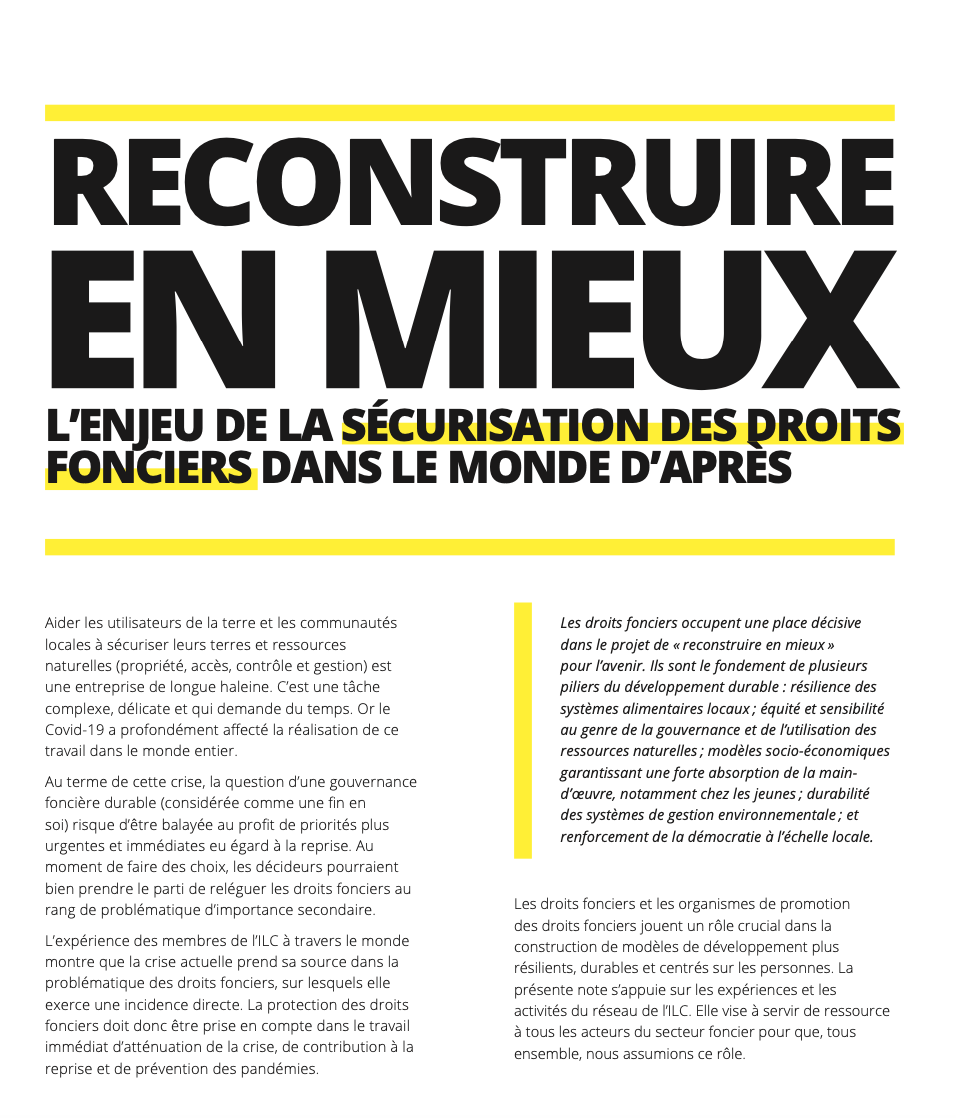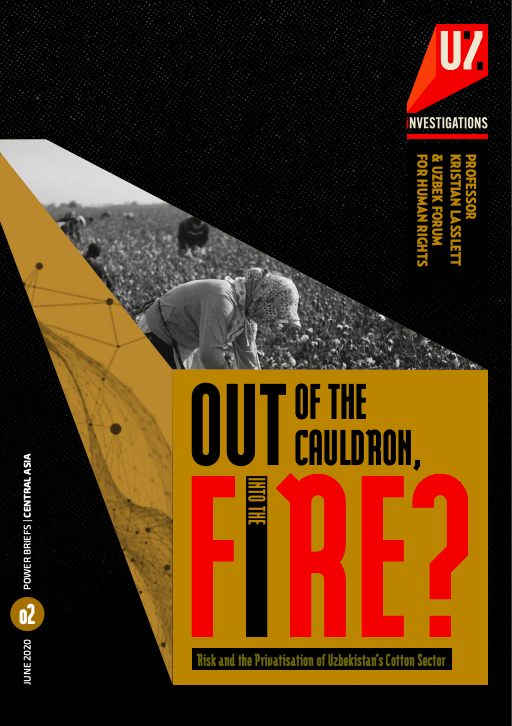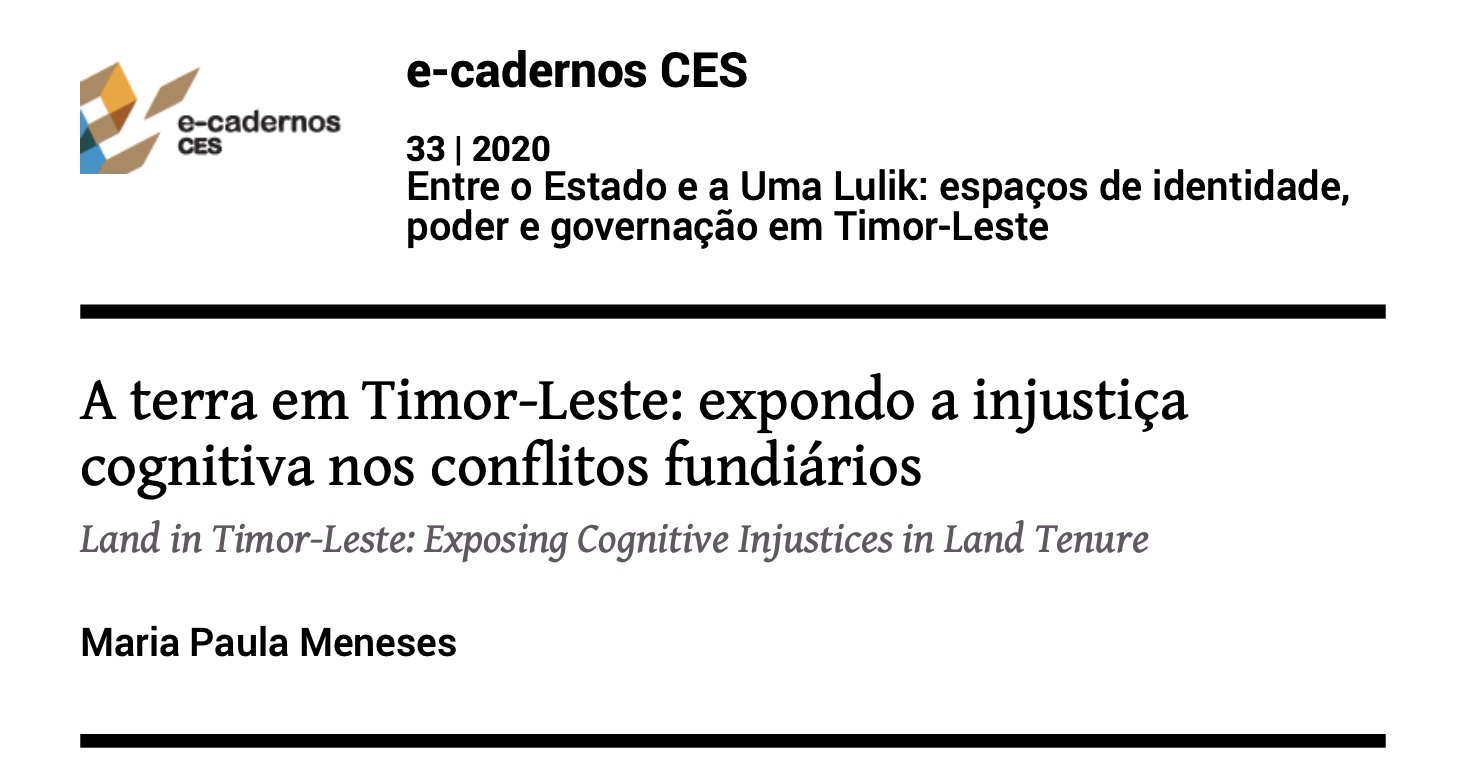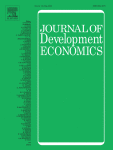Implications of Compulsory Land Acquisition on Socio-Economic Conditions of Project Affected People. The Case of Kipawa Airport Expansion Project in Dar es Salaam City, Tanzania
Compulsory land acquisition tool facilitates obtaining of land for provision of infrastructures and development projects. Its successful implementation requires adoption of good governance merits such as participation, transparency, rule of law and accountability for better livelihood rebuilding of project affected people.


